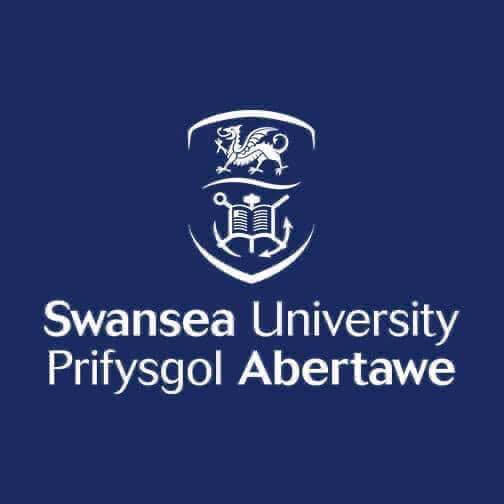fees waived
Biology, BSc (Hons)
Swansea University, United Kingdom
Ranking in UK
Biomedical Science
Ecology
Biological Science
Costs
food & rent S$18.4k / year
Entry requirements
Scholarships
Limited quantity
Limited quantity
Limited quantity
Information
Code
Code
Intakes
Website (External)
Programmes
Information
Duration
2029
Biology is a broad and captivating discipline focused on the scientific study of living organisms, from bacteria to large mammals. This course builds essential knowledge and skills for diverse career opportunities. Situated near varied environments, it offers customized learning through local, residential, and international field courses in habitats like marine ecosystems, wetlands, and terrestrial areas. Key facilities include a £1.3 million Visualisation Centre, a £1.6 million survey vessel, a £4.2 million science laboratory, and a centre for sustainable aquatic research. The BSc Biology programme is accredited by the Royal Society of Biology and explores themes such as animal welfare, conservation, pest control, microbiology, and climate impacts. All courses include options for a year in industry or abroad to boost confidence, communication skills, and employability.In Year 1, modules typically cover animal diversity, cellular biology, ecology, and core skills. Year 2 includes animal physiology, immunobiology, marine ecology, and field courses. Year 3 focuses on biodiversity, epidemiology, plant conservation, and professional skills. Assessment combines lectures, tutorials, seminars, practical classes, field courses, examinations, coursework, and a research project. We guarantee conditional offers for eligible applicants; visit an Open Day for more details.
A local representative of Swansea University in Singapore is available online to assist you with enquiries about this course.

